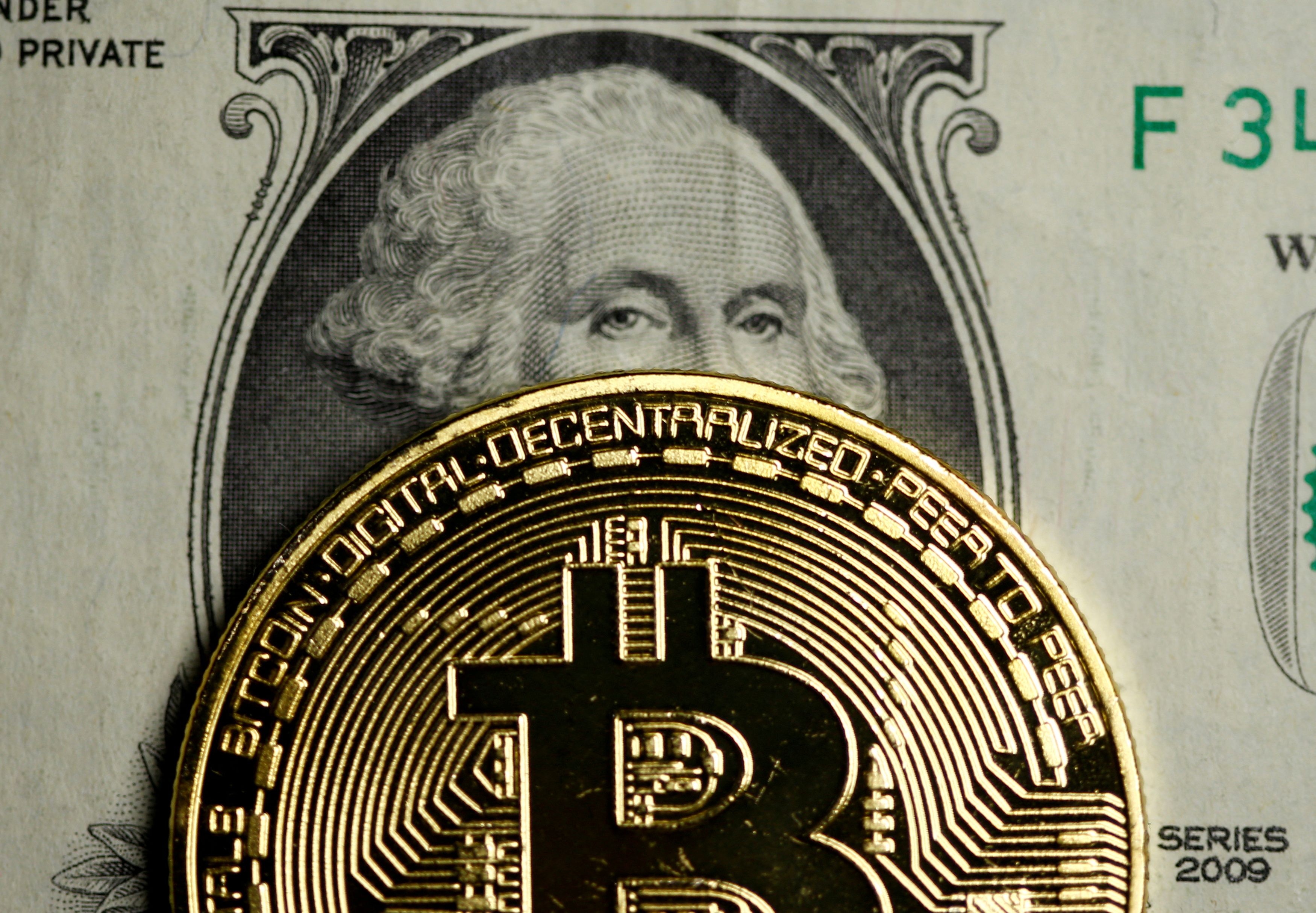Bitcoin has the potential to change the world’s currency in several ways:
- Decentralization: Bitcoin is a decentralized currency, meaning it operates on a peer-to-peer network without the need for a central authority or middleman such as a bank. This makes transactions more secure and reduces the fees associated with traditional currency exchanges.
- Security: Bitcoin uses a public ledger called the blockchain, which is a secure, transparent and tamper-proof way to track transactions. This makes it much more difficult to commit fraud or steal from the system.
- Accessibility: Bitcoin can be used by anyone with an internet connection, regardless of their location or financial status. This makes it an attractive option for people in developing countries or those who lack access to traditional banking services.
- Inflation-resistant: Unlike traditional currencies, which can be subject to inflation or devaluation by government policies, Bitcoin has a limited supply, with only 21 million bitcoins to ever exist. This makes it a more stable and predictable currency in the long term.
- Global transactions: Bitcoin allows for easy and secure international transactions without the need for currency exchange or conversion fees.
- Financial freedom: With Bitcoin, individuals have more control over their money and can store it in a digital wallet without relying on banks or other financial institutions. This could potentially lead to a more decentralized and democratic financial system.
Overall, Bitcoin has the potential to change the world’s currency by providing a more secure, accessible, and decentralized alternative to traditional currencies. However, it is still a relatively new technology with some challenges and uncertainties that need to be addressed before it can become widely adopted.
